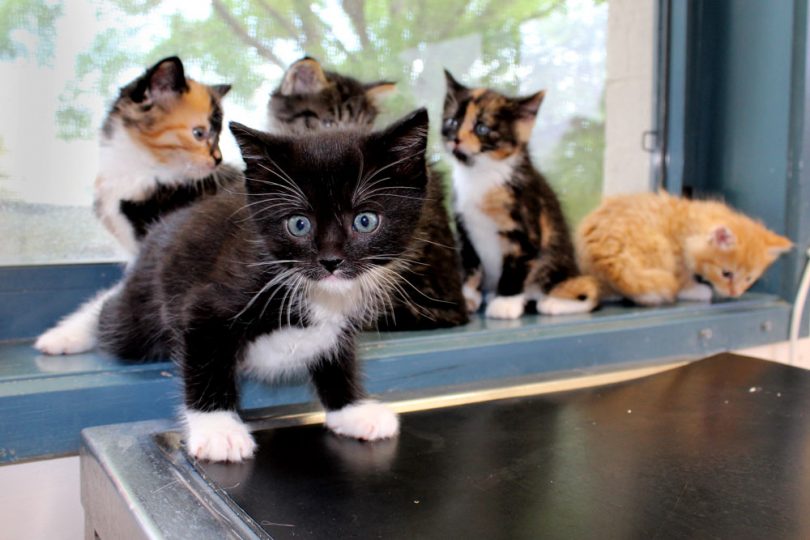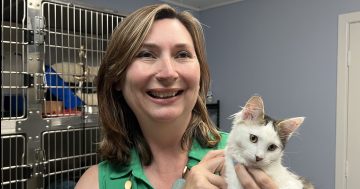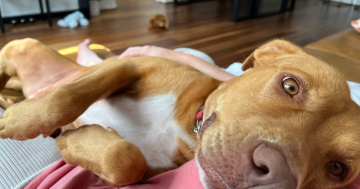
Are free or discounted desexing initiatives helpful, or a potential cat-astrophe?
RSPCA ACT will review its costly subsidised cat desexing program as large numbers of pregnant and intact felines and kittens continue to come through its doors.
It said that at the end of the three-year trial of the Frisky Tom Desexing Program, RSPCA ACT and participating veterinary clinics had desexed 1,242 cats, including 1,077 for free and 165 at a discounted cost.
The first fall (2016-17) in the number of unwanted kittens (12.5 percent) and cats of all ages (9 percent) coming to the shelter in five years offered some hope but it was too early to tell if this would be sustained.
The organisation launched the program in 2015 in a bid to reduce the number of unwanted cats in the ACT. The first of its kind in Australia, it offered to desex the cats of Centrelink concession and DVA Gold Card holders for free, with a 20 percent discount for others.
RSPCA ACT Chief Executive Tammy Ven Dange said that despite taking away the financial impediment for people to desex their cats, the Weston Shelter was still receiving large numbers of unwanted kittens.
“This is absolute proof that no matter how many resources RSPCA ACT throws at this issue, it really takes the whole community to solve the problem of so many unwanted animals in the greater Canberra area,” she said.
Ms Van Dange said RSPCA ACT would decide at the end of this financial year whether to resume the program or do something different to help animals.
“A lot will depend on whether or not we are seeing the desired decrease in incoming kittens,” she said.
In this year’s program:
- 65 percent of cat owners said that the lack of money was the main reason why they had not desexed their cat before.
- The majority of owners received their cats from a family/friend (42 percent), bought it off the internet (15 percent) or found their cat as a stray (19 percent).
- Cats came from 89 different suburbs. The most number of cats came from Kambah, Queanbeyan and Charnwood.
- 59 percent of the cats were female.
- 18 of these cats were reported to have one or more litters before.
- 85 percent of the cats were not microchipped, but 24 percent of these cat owners had their cats’ microchipped at the same time as their desexing.
The decision to trial the program for three years was made after RSPCA ACT found that every year the previous year’s record for the number of cats coming into the shelter was being broken, with kitten adoptions at RSPCA ACT increasing by 76 kittens or nine percent in 2015 after a 12 percent rise in 2014.
Is your cat desexed? What else could RSPCA ACT or the Government do? Let us know your thoughts by commenting below.














